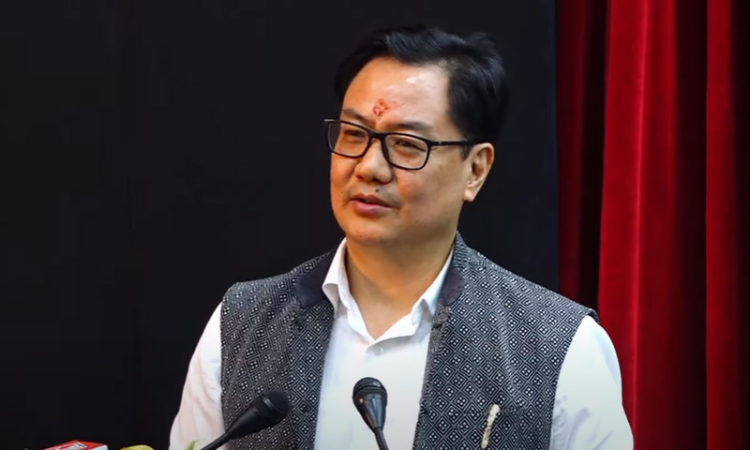Speedy & Affordable Delivery Of Justice Legitimate Expectation Of People : Union Law Minister Kiren Rijiju
Mehal Jain
3 Oct 2021 9:35 AM IST

Next Story
3 Oct 2021 9:35 AM IST
"Speedy and affordable delivery of justice is the legitimate expectation of the people and the collective responsibility of all organs of the State. Access to justice has been recognised as an integral part of the legal framework under the Constitution. All stake-holders are expected to work in tandem to deliver this mandate", expressed Union Law Minister Kiren Rijiju on Saturday.He...
